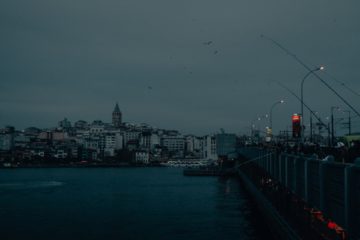Başak Çandar in Literary Hub:
 “The problem that troubles the novelist [is] how to justify a concern with morally dubious people in a contemptible activity,” notes South African writer J. M. Coetzee, “ … how to treat something that, in truth, because it is offered like the Gorgon’s head to terrorize the populace and paralyze resistance, deserves to be ignored.” Here, in the essay “Into the Dark Chamber,” Coetzee points out that literature exposing political terror—in this case, torture, the existence of which is repeatedly denied by repressive regimes—can actually become an inadvertent tool of that terror.
“The problem that troubles the novelist [is] how to justify a concern with morally dubious people in a contemptible activity,” notes South African writer J. M. Coetzee, “ … how to treat something that, in truth, because it is offered like the Gorgon’s head to terrorize the populace and paralyze resistance, deserves to be ignored.” Here, in the essay “Into the Dark Chamber,” Coetzee points out that literature exposing political terror—in this case, torture, the existence of which is repeatedly denied by repressive regimes—can actually become an inadvertent tool of that terror.
We might assume that literature can be mobilized to resist oppression by exposing it. But, what Coetzee emphasizes is that, in exposing the crimes, literature can also replicate the terms of the “game” and intensify fear, quashing the possibility of resistance—in part what torture is designed to do. For Coetzee, then, the “true challenge” for the novelist becomes “how not to play the game by the rules of the state, how to establish one’s own authority, how to imagine torture and death on one’s own terms.”
More here.
